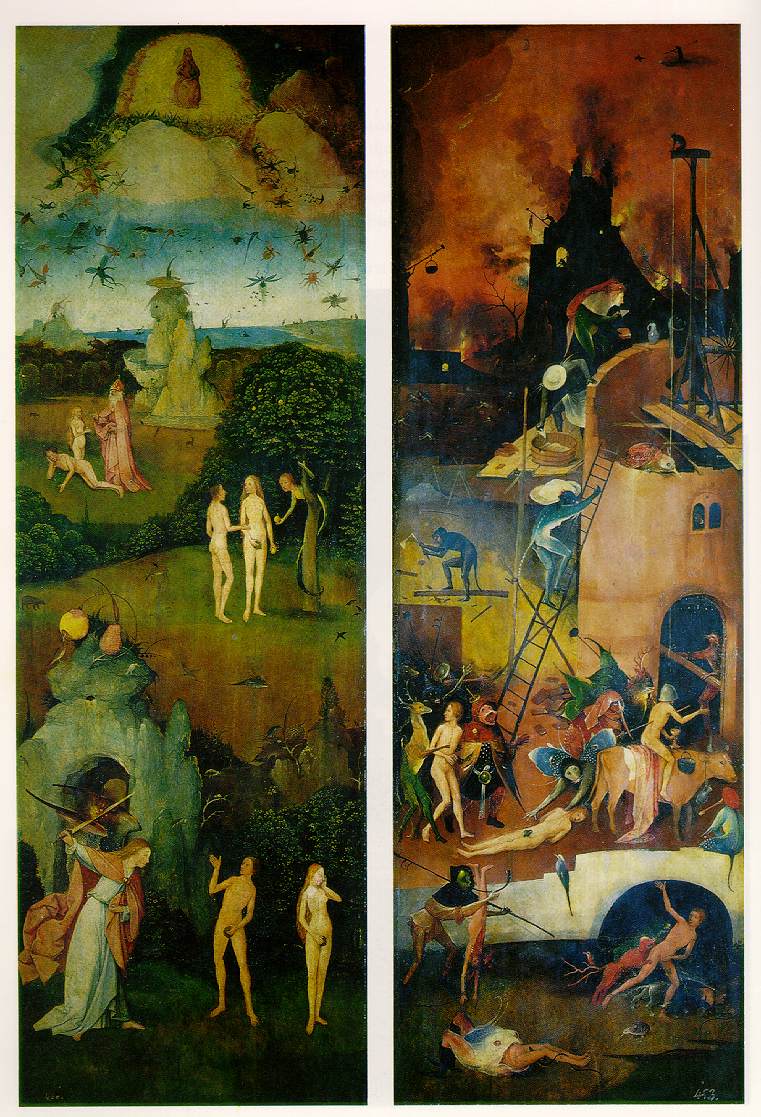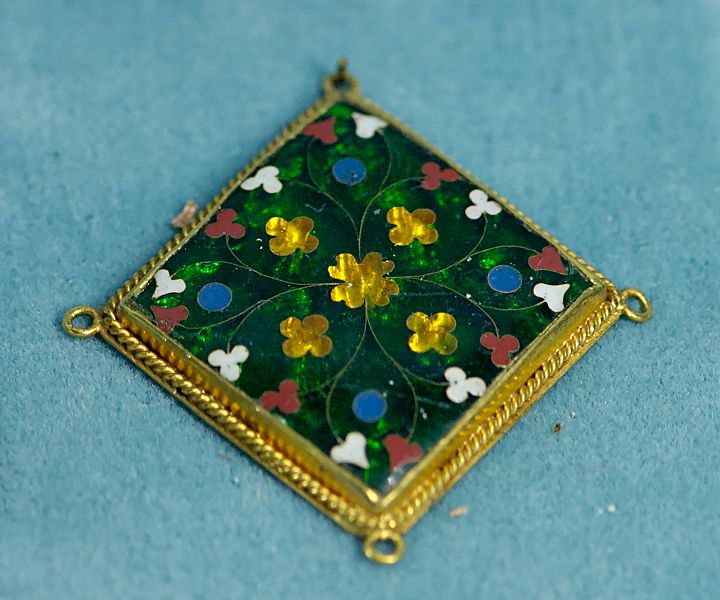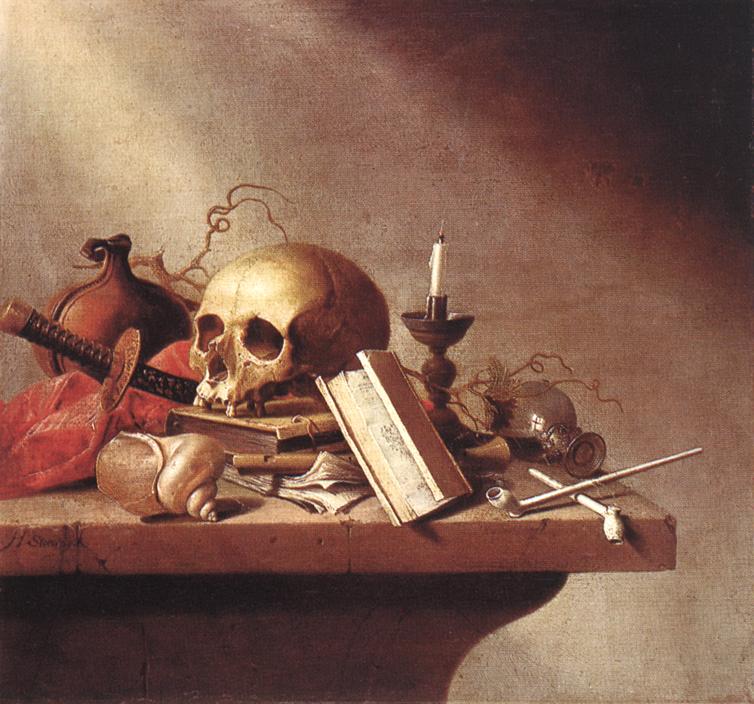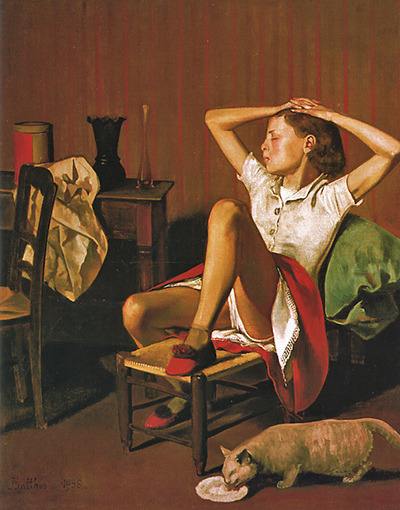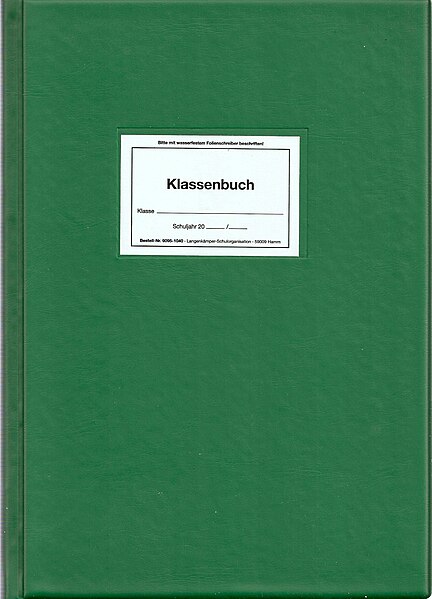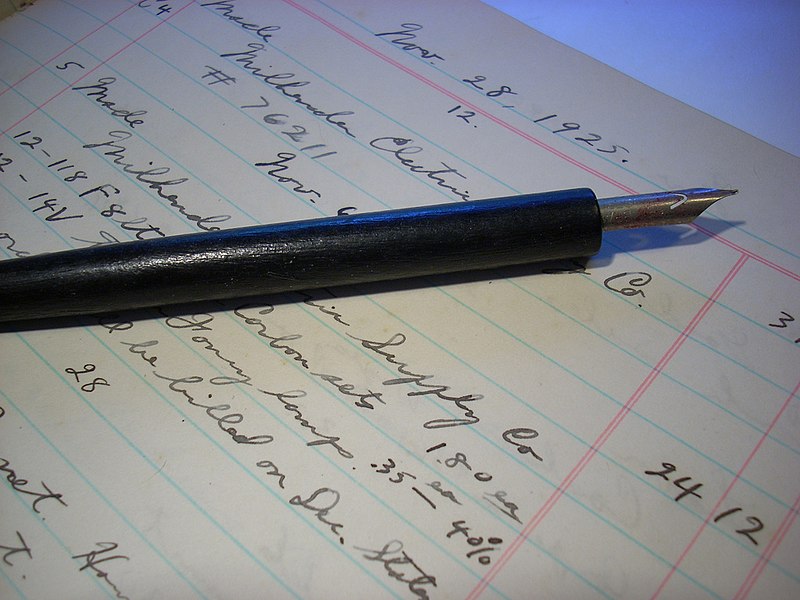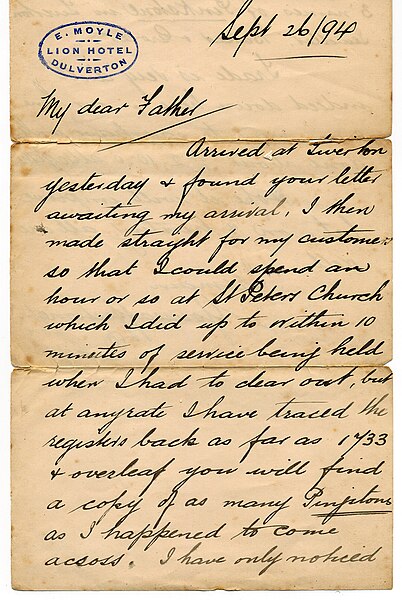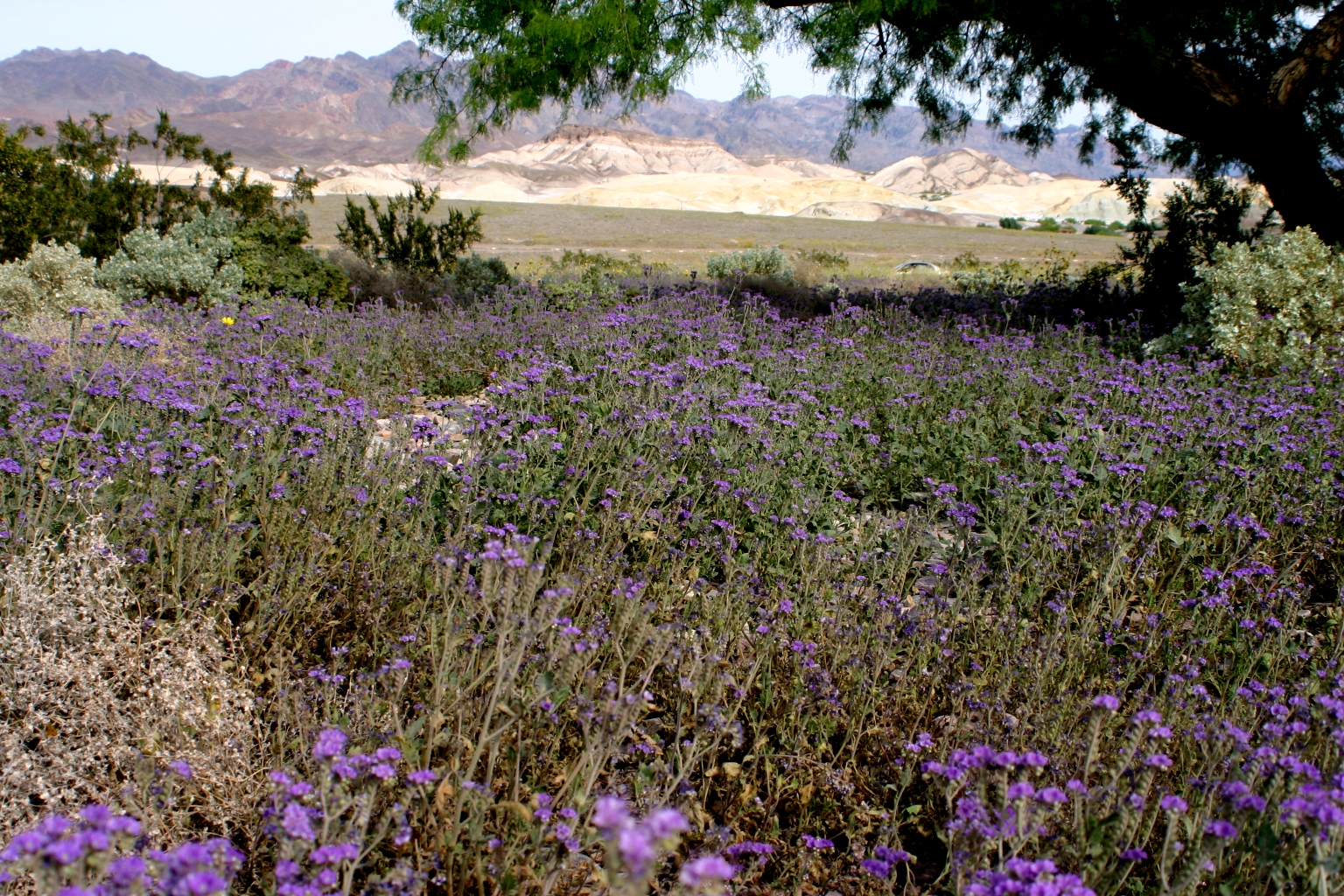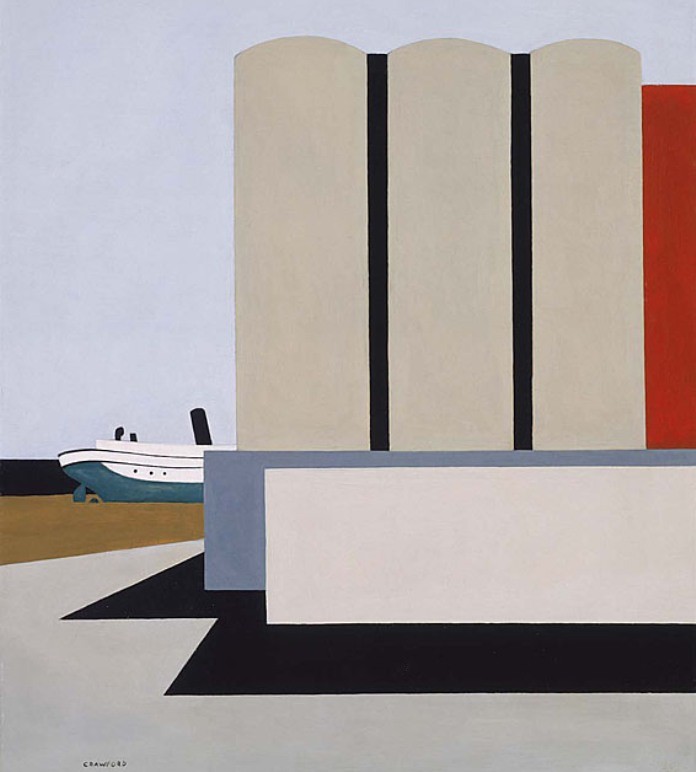
It was my song
Even before you came along
Yet only then did I perceive its meaning
This you I wished for
This desired Other of whom
I spoke so glowingly in poems
I never knew its name
When I lifted its arms up
I noticed tiny wings
That’s all I knew
The rest was Muselike
Anonymous this “you”
So I guess those poems
Were like phonecalls to the future
I think I had your number
Knew what I was looking for
Even before I found it
In the face directory
And luckiest of all
Your human substance
Was life’s loveliest
Far as I could see
As if I’d placed
Bones and skin
Together in a dream
You were put together that way
But I wouldn’t let it go to my head if I were you
The Muse Inspiring the Poet: Henry Rousseau, 1909 (Kunstmuseum Basel)
